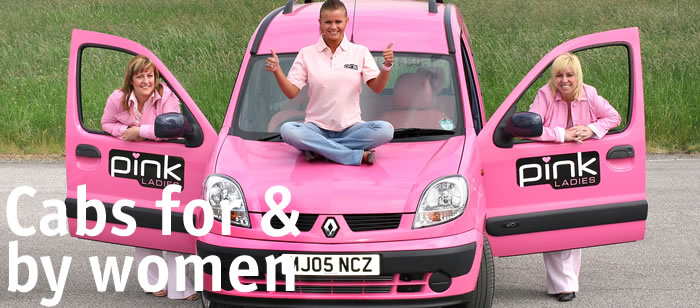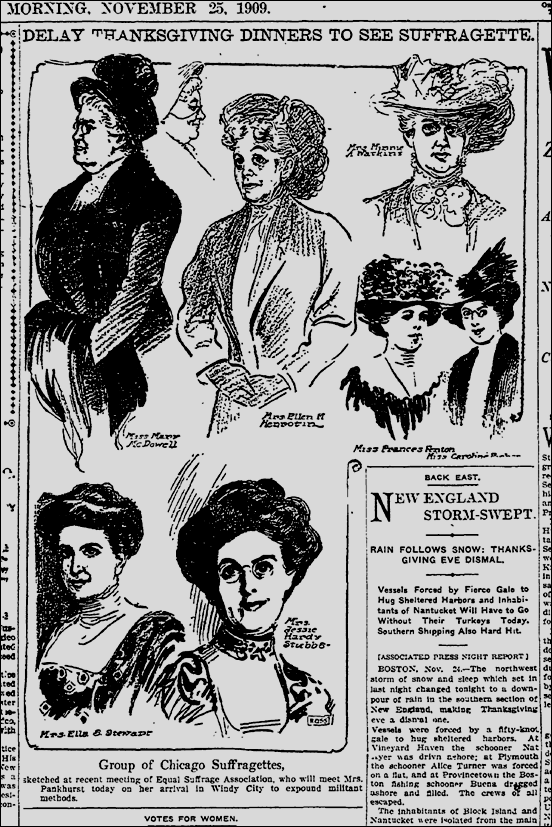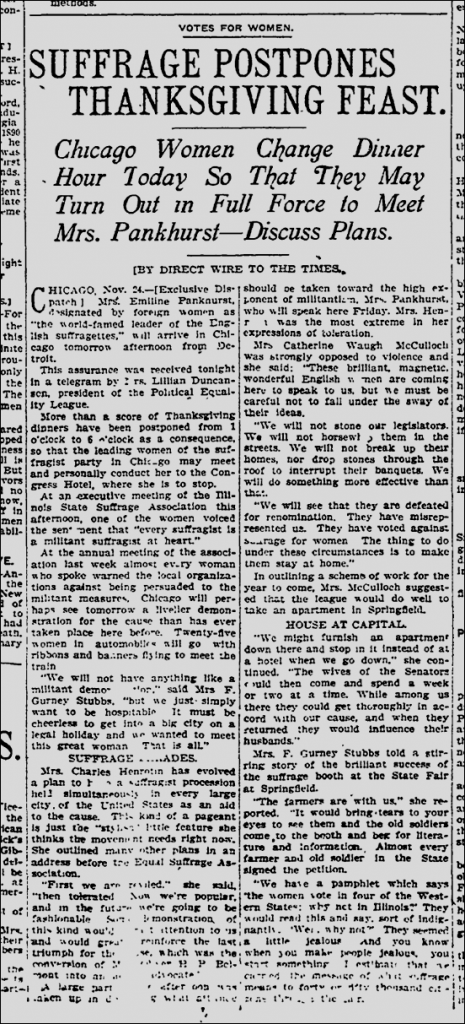I spent a day in Salzburg this September with a man from Dubai. We had a wonderful time comparing perspectives.
Dubai, he explained, was a wildly modern, multicultural city. The default language in public was English due to the international population. He was a stockbroker who had gone to college in London and gone part way through an MBA.
He interacted with veiled, Middle Eastern women and non-veiled Western European women daily. He seemed to have no qualms with the two styles of presentation, considering them simple choices; they were unpoliticized and carried no deeper meaning. To him, women who veiled were simply religious, like the men he knew who would not drink alcohol, and himself when he would not eat meat improperly slaughtered.
In any case, women in Dubai, he felt, were liberated. As an example, he explained how there was now a woman’s taxi service.
“A woman’s taxi service?”
“Yes, with women drivers.”
You see, it is not proper for women to be alone with a non-relative male and, so long as all taxis were driven by men, women (who also do not drive) could not run errands or visit friends. They were largely neighborhood-bound. To my friend, a woman’s taxi service was liberation. And, indeed, from the perspective of their rules, it must have seemed like freedom indeed.
I was reminded of this chat when Happy A. sent in a link to a story about a new women’s taxi service in Mexico. The taxis, painted pink, are driven by women and only women can hire them. The taxi service isn’t designed to allow women to travel, but to allow them to travel without the threat of harassment and assault.
Women’s groups, however, have called the taxis insulting. They suggest that the girly pink, the protectionism, and the make-up mirrors in the back seats seem to encourage the very objectification that makes women targets in the first place.
Pink Ladies, in the U.K., rationalizes its service with the same protectionism:

And, in Moscow, they have Ladies Red Taxi:
I think these examples, considered together, do a really good job of undermining any absolutist ideas about what is good for women.
The situations in the different countries are dramatically different. Women’s taxis improve the quality of life for women in Dubai (who can afford them) much more significantly than the taxis in, say, the U.K.
A radical feminist bent on destroying the system altogether may say that such taxis reinforce a gender binary and are easily co-opted by patriarchy (I wonder whose errands women are doing in those pink taxis?), a reformist feminist may say that the move is a good option for women both there and elsewhere, if not actually an end to male domination.
I think both are good points.
Does the fact that the Mexico service is run by the city and the U.K. service by a private company make a difference? In the first case it is driven by concern for women’s safety, in the second case it is driven, at least partially, by profit. Should people be profiting from women’s vulnerability?
Is a woman’s taxi service inherently feminist and liberating? Or is it always sexist and demeaning?
I’m not sure what I think about women’s taxis, but I like how cross-cultural comparisons like these remind us that context matters.
Click here for another sociologist’s take on the extent to which the pink taxis should be seen as liberating for women.
Lisa Wade, PhD is an Associate Professor at Tulane University. She is the author of American Hookup, a book about college sexual culture; a textbook about gender; and a forthcoming introductory text: Terrible Magnificent Sociology. You can follow her on Twitter and Instagram.







